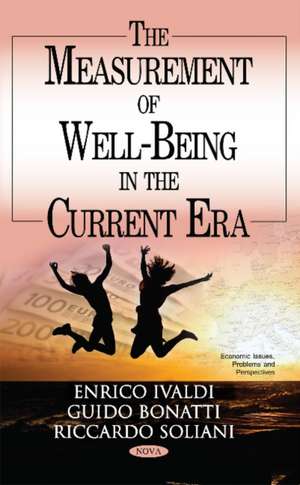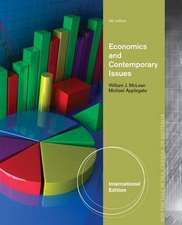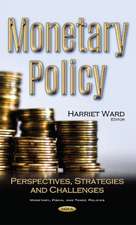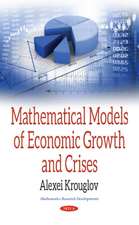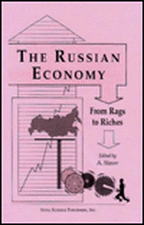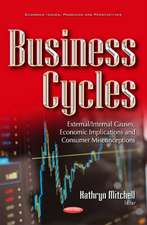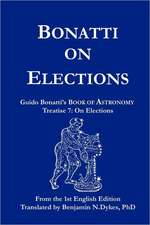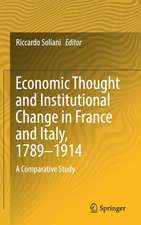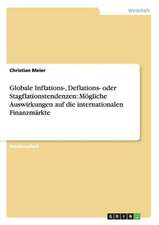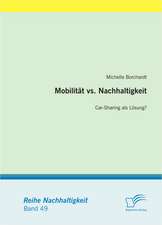Measurement of Well-Being in the Current Debate
Autor Riccardo Soliani, Enrico Ivaldi, Guido Bonattien Limba Engleză Hardback – dec 2016
Preț: 1098.43 lei
Preț vechi: 1277.24 lei
-14% Nou
Puncte Express: 1648
Preț estimativ în valută:
210.25€ • 220.89$ • 176.70£
210.25€ • 220.89$ • 176.70£
Carte disponibilă
Livrare economică 18 februarie-04 martie
Preluare comenzi: 021 569.72.76
Specificații
ISBN-13: 9781536100051
ISBN-10: 1536100056
Pagini: 170
Dimensiuni: 155 x 230 x 17 mm
Greutate: 0.37 kg
Editura: Nova Science Publishers Inc
Colecția Nova Science Publishers Inc
ISBN-10: 1536100056
Pagini: 170
Dimensiuni: 155 x 230 x 17 mm
Greutate: 0.37 kg
Editura: Nova Science Publishers Inc
Colecția Nova Science Publishers Inc
Cuprins
Preface; Multidimensional Well-Being; Measures of Well-Being; Overview of Multidimensional Well-Being Indicators; The Proposed Indicator: Structure & Description; Results & Discussion; References; Index.
